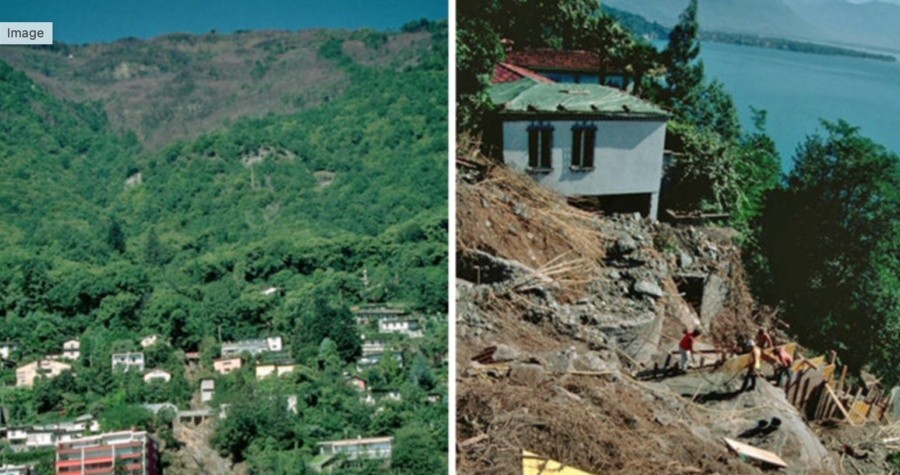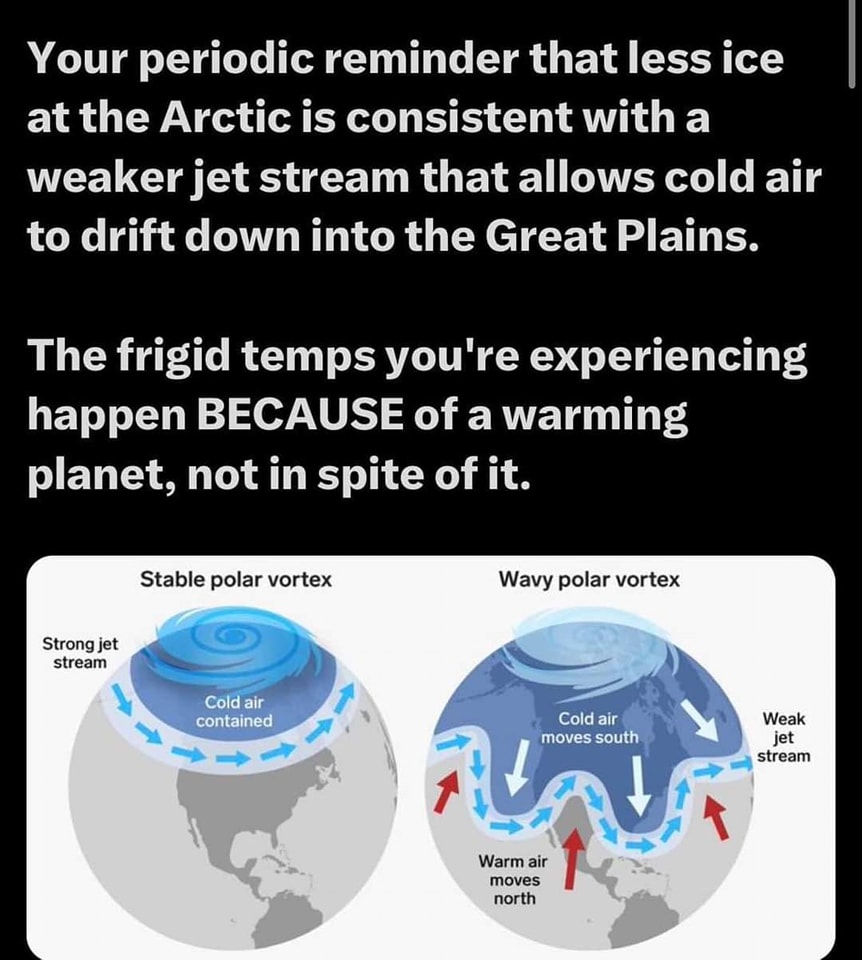Yet another destination known for its skiing and snowy winters will be forced to contend with growing wildfire severity and frequency.
The Alps, Europe’s largest mountain range and a world-renowned skiing destination, and the Alpine Foreland, a deep trough in southern Germany at the edge of the Alps, have both enjoyed minimal wildfire danger thanks to abundant winter snowfall and temperate summer conditions. But that will change by 2040.
A study published in Natural Hazards and Earth System Sciences (NHESS) used climate models to forecast fire risk for the two locations and others from 1980 to 2099. Researcher Julia Miller used the Canadian Forest Fire Weather Index (FWI) as a fire danger indicator.
The research forecasted a likely increase in wildfire danger in temperate areas through the 21st century, with fire danger increasing to high even in regions where it is very low today. The results displayed a continual trend of worsening wildfire danger in the Alps and Alpine Foreland, with the climate change trend exceeding natural variability in the late 2040s. The excess would likely have happened earlier if not for the area’s current low wildfire danger.
These areas are expected to see what’s today considered a “100-year” fire event every 30 years by 2050 and every 10 years by the end of the century.

“Alterations in these variables are projected to more than double the frequency of occurrence of extreme fire weather until the end of the 21st century … and increase the duration, severity, and spatial extent of fires,” Miller said. “Due to climate change, fire weather and hence the likelihood of fire events are projected to increase in several regions of the world – including historically less fire-prone areas – in the future.”
A study posted on PreventionWeb indicates that fires in the Alps will increase because of growing intensity of drought periods and heat waves — and the increasing fire hazard resulting from rural abandonment and more recreational activities.
Alpine communities, such as the previously mentioned Canadian community of Whistler, may see this as a hard pill to swallow. The lack of historical fires in the area means local people also lack an established “culture” for living with fires, according to Switzerland’s University of Bern. Researchers there are currently working to identify the wildfire risk awareness of communities throughout the canton of Bern and determine the best approaches for specific groups in the area.
“Based on scientific findings, the project aims to develop optimized and/or new communication strategies and materials for implementation,” the university said. “These can promote behavioral changes regarding forest fire risks, thus helping to prevent such fires.”

I’m calling BS on all this alleged Global Warming as a causal factor in every study area. Regional, yes. How can it be allegedly hot and dry in one area and freezing cold in another?
As a “Climate Change Denier” I’m told I’m a threat to society.
Our resilient young planet has had weather & climate changes for thousands of years
This is pretty complicated science here, Fred, but have a look.

You’re absolutely correct that climate and weather have always changed over time. Here’s a timeline that shows the average temperature of Earth over the last 22,000 years.
https://xkcd.com/1732
The Earth is very resilient. The problem is that all the squishy things (e.g. humans, wallabies, narwhal, beavers, etc.) aren’t.
A month or two ago – someone was looking for information about a tanker base in East Tennessee (Smokies). Do you know who that was? I’ve lost their contact info
The only remotely related item I found, Bill, was this:
fireaviation.com/2017/01/18/flying-black-hawks-over-the-tennessee-wildfires/
Did you look on FireAviation.com ??
If you have a little more detail I will help ya look.